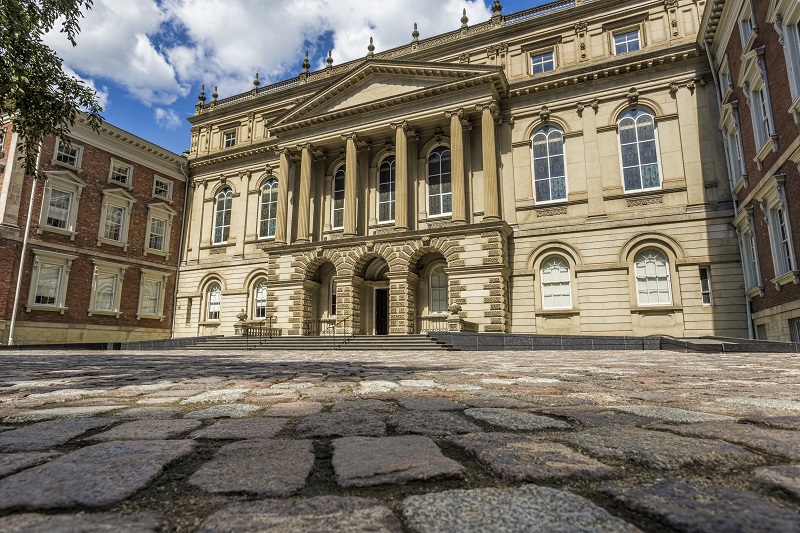ONTARIO’S TOP JUDGES UNITE IN DEFENCE OF LEGAL AID, PRO BONO
Amanda Jerome, Digital Reporter, LexisNexis Canada Inc.© Toronto
This article was originally published by Law360™ Canada (www.law360.ca), part of LexisNexis Canada Inc.
The chief justices from Ontario’s top three courts banded together on Sept. 10 at the opening of the courts to stress the importance of legal aid, pro bono and the need for the courts to control their own resources.
Chief Justice of Ontario George Strathy, Chief Justice Geoffrey Morawetz and Associate Chief Justice Frank Marrocco, of the Superior Court of Justice, and Chief Justice Lise Maisonneuve, of the Ontario Court of Justice, addressed a room full of the judiciary, legal professionals, representatives of legal organizations, as well as the treasurer of the Law Society of Ontario (LSO) and the province’s Attorney General, Doug Downey.
“The fact that all three courts are represented here today on the dais ... demonstrates the strong commitment and common goal we share to constantly improve the delivery of justice to the people of this province,” said Justice Maisonneuve.
She went on to explain that an “effective, accessible justice system depends on a robust legal aid program.”
“The unintended consequences to the reduced legal aid funding causes us concern. In criminal courts, for example, the reductions in duty counsel services may well result in an increase in appearances in our case management courts, causing delays and, possibly, more trials. In our family courts, reduction in the number of case conferences has already had the unfortunate consequence of increasing matters set for trial, resolution delay and more conflict in already difficult proceedings involving families and children,” she said.
Justice Maisonneuve acknowledged that “we are currently in a challenging fiscal climate,” but stressed that a “healthy, modern justice system ensures access to representation for those who cannot otherwise afford it.”
Justice Marrocco said over the past year the Ontario Superior Court of Justice was the busiest Superior Court in Canada.
“For example, there were more than 73,000 new civil proceedings started in the Superior Court and an additional 60,000 proceedings begun in the small claims court. In our court, there were slightly less than 47,000 family law proceedings commenced, and 3,209 criminal proceedings were begun. 1,358 proceedings were commenced in the Divisional Court,” he explained, noting that the expansion of the Unified Family Court has “genuinely enhanced” access to justice.
He noted that the advantages provided by technology, such as filing materials electronically and appearing remotely are beneficial to improving the justice system. However, it will take an investment of funds to leverage the technology.
“Over the years that investment has proven elusive, even though the benefits are accepted without question,” he added, stressing that the courts “need a new deal.”
“Government needs to recognize, I respectfully suggest, the importance of pro bono legal services and co-operate where possible with pro bono initiatives. Pro bono services are not a competitive encroachment or a well meaning but annoying interference. Nor, I might add, are they an all-encompassing solution. Rather, they are a reality which has emerged from the tension between the financial constraints under which we function and the legal needs of the people of Ontario,” he explained, noting the current tension lies in the “significant reduction in legal aid funding.”
Justice Marrocco said the court must insist upon a reform of its relationship with the executive branch, so it can have more control over the resources which “the government chooses to make available to us.”
“We can no longer be on the receiving end of a briefing which tells us, ‘Not this year, maybe next,’ ” he stressed.
“I regret that the court will have to become more engaged with this type of problem. However, we are a separate but equal branch of government. We are not a department within a Ministry, and we must insist upon assuming the responsibilities that accompany that constitutional principle,” he added.
Justice Strathy, quoting Mahatma Gandhi, said “a nation's greatness is measured by how it treats its weakest members.”
He noted that judges, the Crown, defence and civil bar “do their best” to assist unrepresented, vulnerable litigants, but there is a limit to what they can do.
“The state — successive governments — has also attempted, in good faith, to address these issues. It is not for judges to determine how public funding [is] to be allocated. The needs of the justice system must be balanced against challenges and demands of public health, education and welfare, and a host of other necessities of modern society.
But what we judges can say is that reducing legal representation for the most vulnerable members of society does not save money,” he stressed, noting that cuts increase trial times, put greater demands on public services, and “ultimately delay and increase the cost of legal proceedings for everyone.
Justice Strathy added that recent reductions in funding of legal aid are of “great concern to those involved in the justice system.”
“I am encouraged to hear that the attorney general recently met with legal organizations to hear their concerns about legal aid and that he is open to discussing solutions. The issue is urgent. I believe that if we harness the expertise, creativity and goodwill of the constituencies represented in this room, we can find solutions to this test of our shared duty to protect the most vulnerable,” he added.
Downey rose to address the judges and said, “many of the challenges facing us we’ve talked about before and they are ongoing.”
“Counting myself fortunate to build on the diligent work of my predecessor, minister Mulroney, to make communities more safe and fair, I see a great opportunity to work together with all our justice partners to serve people better, to help preserve and protect their rights and help solve their legal problems faster,” he added.
He explained that “it’s not all about money,” but about “structural change.” He’s spoken to justice stakeholders on how to “strengthen and protect our system” and has seen the critical importance of legal aid.
“Let me be absolutely clear, the critical importance these services [legal aid] available in the community without undue barriers is understood and respected by the government and we’re working together to make it operate [at its] best,” he added.







